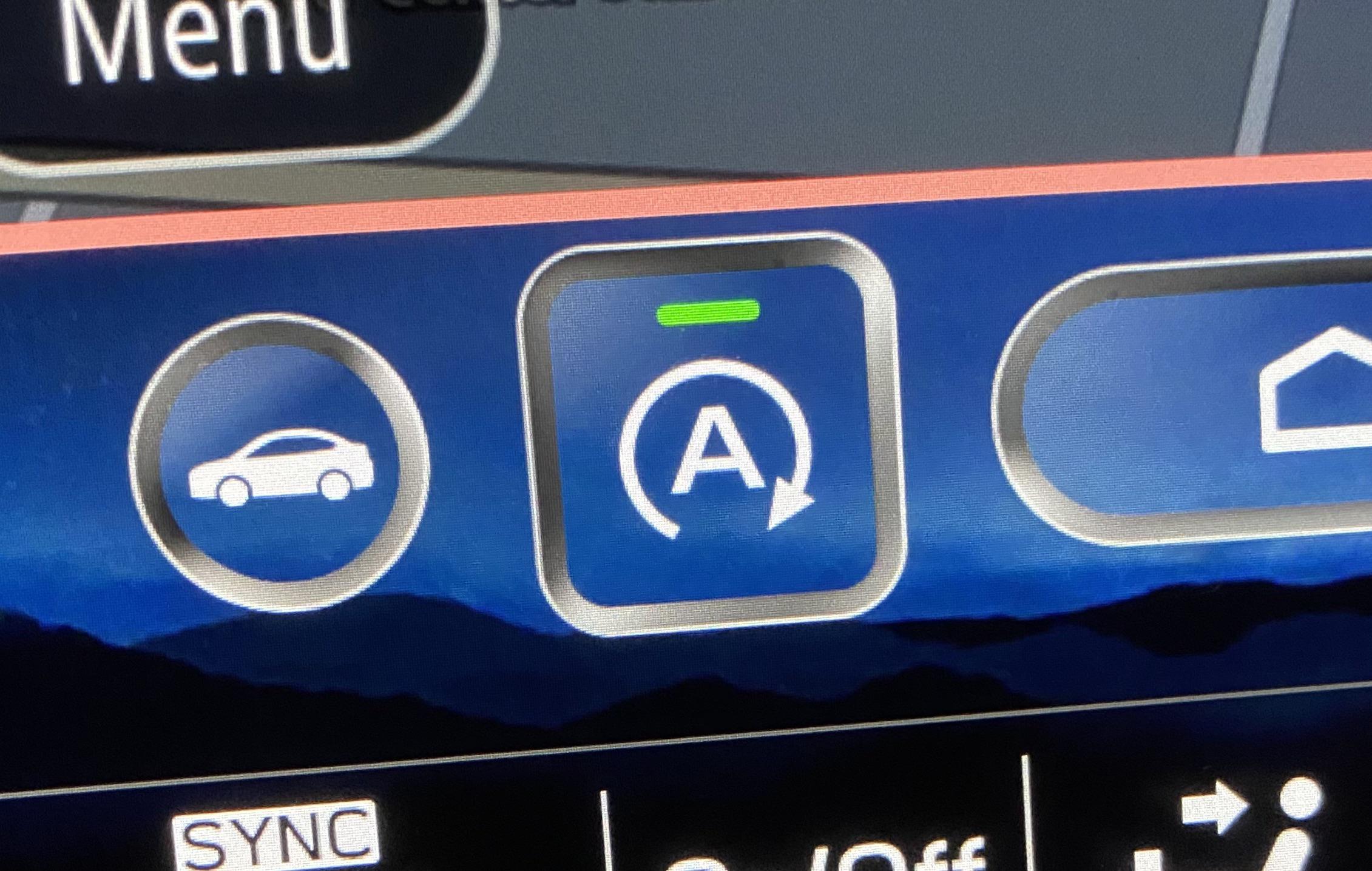How Much Does the Car Engine Turning Off Save?
The car engine is the heart of the vehicle, and it consumes a significant amount of fuel to operate. When the engine is turned off, it can save fuel, but how much does it actually save?
**Factors that Affect Fuel Savings**
The amount of fuel saved by turning off the engine depends on several factors, including:
* **Engine size:** Larger engines consume more fuel, so turning them off will save more fuel.
* **Idle time:** The longer the engine idles, the more fuel it consumes.
* **Traffic conditions:** If you’re frequently stopping and starting in traffic, turning off the engine can save more fuel.
* **Weather:** Cold or hot weather can affect fuel consumption, so turning off the engine in extreme conditions can save even more fuel.
**How Much Fuel Can I Save?**
The amount of fuel saved by turning off the engine can vary significantly depending on the factors mentioned above. However, as a general guideline, you can expect to save:
* **Up to 5%:** In light traffic with frequent stops and starts
* **Up to 10%:** In heavy traffic with frequent idling
* **Up to 15%:** In extreme weather conditions
**When to Turn Off the Engine**
To maximize fuel savings, consider turning off the engine:
* **When parked for more than 30 seconds:** If you’re waiting in line or stuck in traffic for an extended period, turn off the engine to save fuel.
* **When idling at traffic lights:** When the light turns red, turn off the engine and put the car in park.
* **When driving through a car wash:** The car wash equipment will move the car, so there’s no need to keep the engine running.
* **When loading or unloading passengers:** Step out of the car and turn off the engine while you load or unload passengers to save fuel.
**Exceptions to the Rule**
There are some instances where it’s not recommended to turn off the engine, such as:
* **Vehicles with automatic stop-start systems:** These systems automatically turn off the engine when the car comes to a stop and restart it when you accelerate. They are designed to save fuel and emissions without requiring driver intervention.
* **Hybrid and electric vehicles:** These vehicles have different fuel-saving strategies, so turning off the engine may not be necessary or beneficial.
* **Driving in extreme heat or cold:** In very hot or cold weather, keeping the engine running may be necessary to maintain a comfortable cabin temperature.
**Other Fuel-Saving Tips**
In addition to turning off the engine, there are other ways to save fuel:
* **Drive smoothly:** Avoid sudden acceleration and braking, as these actions waste fuel.
* **Use cruise control:** On highways, using cruise control can help maintain a steady speed, which can improve fuel efficiency.
* **Keep tires properly inflated:** Underinflated tires increase rolling resistance, reducing fuel economy.
* **Avoid carrying unnecessary weight:** Excess weight in the car can reduce fuel efficiency.
* **Maintain your vehicle:** Regular maintenance can help ensure your car is running efficiently and achieving optimal fuel economy.
**Conclusion**
Turning off the engine can save fuel, especially in certain driving conditions. However, it’s important to consider the factors mentioned above and weigh the potential fuel savings against the convenience and safety of keeping the engine running. By following the guidelines and incorporating other fuel-saving tips, you can significantly reduce your vehicle’s fuel consumption and save money on gas.






